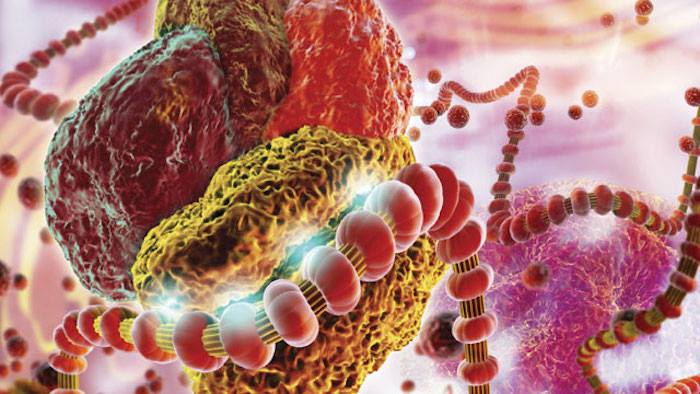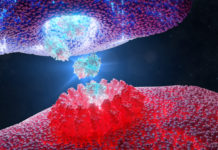 Since its discovery 16 years ago, researchers have been eyeing RNA interference (RNAi) – a natural process for ‘silencing’ genes – as a therapy for treating some cancers and other diseases that respond poorly to existing drugs.
Since its discovery 16 years ago, researchers have been eyeing RNA interference (RNAi) – a natural process for ‘silencing’ genes – as a therapy for treating some cancers and other diseases that respond poorly to existing drugs.
Among its benefits, RNAi can inhibit the proteins that actually drive an illness from being translated and activated, avoiding the need to attack the disease downstream. As Akshay Vaishnaw, chief medical officer at Alnylam Pharmaceuticals states, “Why not turn them off at their source?” he asks.
After years of refinement, RNAi targeting and delivery systems are showing early clinical success and the FDA is considering approval of numerous RNAi drugs for liver-linked diseases such as transthyretin-mediated (TTR) amyloidosis, an orphan liver disease that can lead to heart failure and has no approved treatments in the United States.
Another RNAi approach is targeting hepatitis C virus (HCV), which infects more than 150 million people worldwide and can lead to liver failure, liver cancer, and other life-threatening illnesses.
RNAi is also showing promise in the treatment of other viral infections. By conservative estimates, hepatitis B virus (HBV) chronically infects more than 300 million people worldwide, killing at least 780,000 annually through liver scarring (cirrhosis), liver failure, and liver cancer.
Full article: The Scientist: http://bit.ly/1pkM7Fr
Image: Small interfering RNA molecules are incorporated into an RNA-induced silencing complex where they bind and degrade target messenger RNAs (yellow with red rings). Taking advantage of this natural RNA interference (RNAi) pathway, researchers are developing therapeutics for liver-based diseases, viral infections, cancer, and more. © MEDI-MATION LTD/SCIENCE SOURCE














